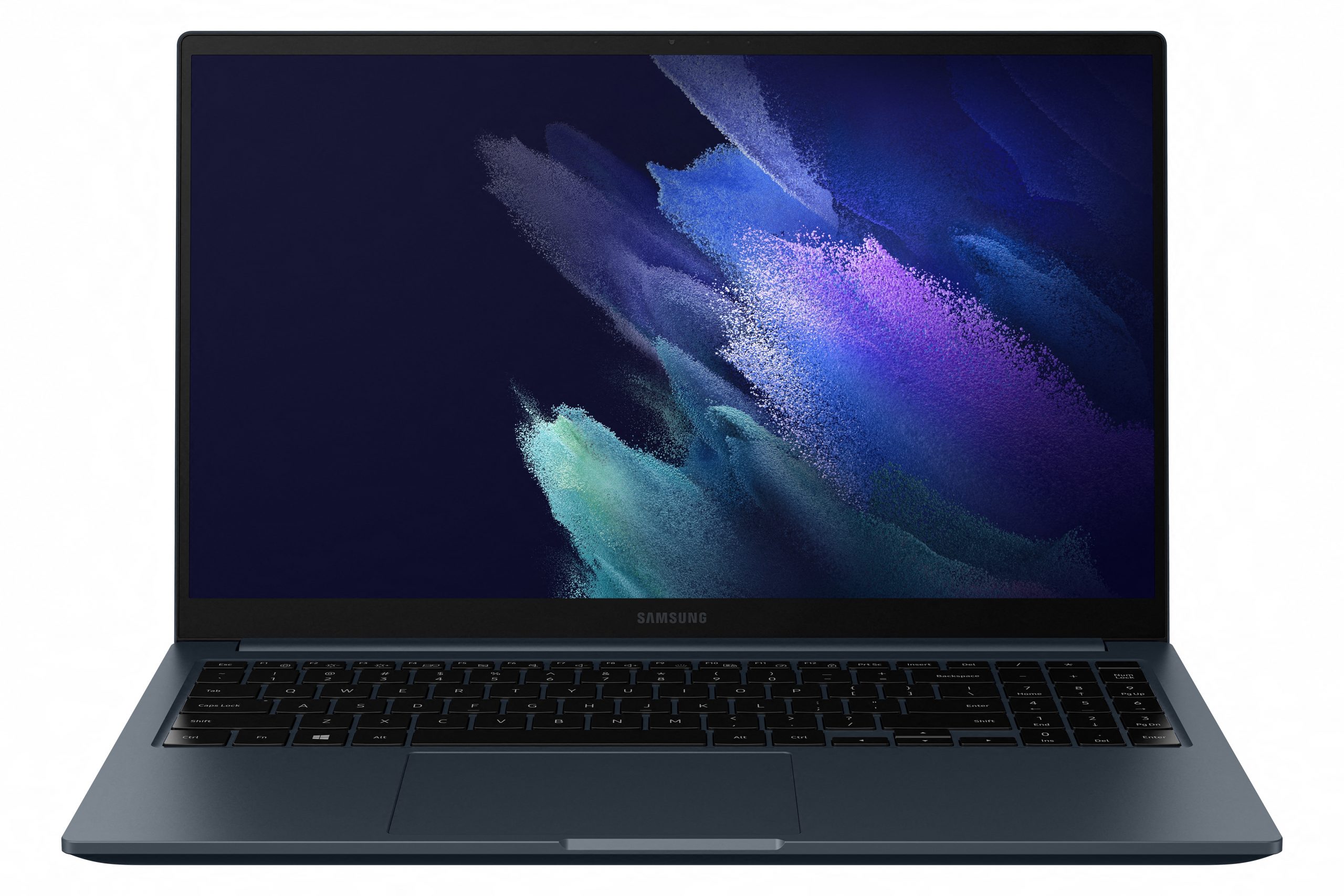'ZDNET Recommends': What exactly does it mean?
ZDNET's recommendations are based on many hours of testing, research, and comparison shopping. We gather data from the best available sources, including vendor and retailer listings as well as other relevant and independent reviews sites. And we pore over customer reviews to find out what matters to real people who already own and use the products and services we’re assessing.
When you click through from our site to a retailer and buy a product or service, we may earn affiliate commissions. This helps support our work, but does not affect what we cover or how, and it does not affect the price you pay. Neither ZDNET nor the author are compensated for these independent reviews. Indeed, we follow strict guidelines that ensure our editorial content is never influenced by advertisers.
ZDNET's editorial team writes on behalf of you, our reader. Our goal is to deliver the most accurate information and the most knowledgeable advice possible in order to help you make smarter buying decisions on tech gear and a wide array of products and services. Our editors thoroughly review and fact-check every article to ensure that our content meets the highest standards. If we have made an error or published misleading information, we will correct or clarify the article. If you see inaccuracies in our content, please report the mistake via this form.
Samsung Galaxy Book Odyssey review: A laptop meant for work and play

Samsung is best known for appliances, TVs and smartphones. But over the last few years, the tech giant has produced some fantastic laptops and Chromebooks.
For the last few weeks, I've been using and testing one of the company's newest laptops, the Galaxy Book Odyssey. It's a 15-inch laptop that packs a punch for those who need a laptop capable of work and play.
Samsung's produced another great laptop, but there's one potential gotcha. Let's take a closer look.

Samsung Galaxy Book Odyssey
pros and cons
- Powerful
- Decent battery life
- Doubles as an occasional gaming laptop
- The display is a letdown
- The trackpad can be touchy
Here are the specifications of the Samsung Galaxy Book Odyssey I've been testing:
- Model: Samsung Galaxy Book Odyssey
- Display: 15.6-inch LED FHD (1920 x 1080)
- Processor: 11th Gen Intel Core i7-11600H (2.9GHz, 4.6GHz Max Turbo)
- Graphics: NVIDIA GeForce RTX 3050 Ti w/Max-Q
- Memory: 8GB DDR4
- OS: Windows 11 Home
- Storage: 512GB SSD
- Webcam: 720p
- Ports: 2 x USB-C, 3 x USB 3.2, 1 x microSD card reader, 1 x Ethernet port, 1 x HDMI, 1 x 3.5mm headphone jack
- Connectivity: WiFi 6E 802.11ax, Bluetooth 5.0
- Dimensions: 14.04 x 9.02 x 0.70-inches (WxDxH)
- Weight: 4.08-pounds
- Price: $1,399
Samsung also offers builds with more memory and storage. For example, you can double the memory to 16GB for $1,499 or bump it up to 32GB which automatically increases storage to 1TB for $1,799.
Design
The Odyssey looks like a typical 15-inch laptop. Its black housing looks more like a very dark grey to my eyes. The lid is adorned with a silver Odyssey logo and a small indention that adds a touch of dimension. When you open the lid, you're greeted with a full-size keyboard with a miniature number pad to the right.
The unmarked power button is found in the top-right corner, pulling double duty as a fingerprint reader that makes it easy to unlock the Odyssey or sign into apps.
The bezels on either vertical side of the 15.6-inch FHD display are about half the top bezel size, leaving room for the 720p webcam and dual-array microphones. The camera setup doesn't work with Windows Hello Face unlock, but the fingerprint sensor does a good job on its own.
The trackpad is off-center with the laptop's housing and the keyboard, but it's not awkwardly placed. It's just below the space bar and always within easy reach.
As far as ports are concerned, you'll be hard-pressed not to find what you're looking for on the Odyssey. On the right side of the deck is a microSD card reader, a 3.5mm audio jack, a collapsible Ethernet port, and two USB 3.2 ports.
The left side of the housing has a USB-C port, another USB 3.2 port, an HDMI port and, finally, a second USB-C port that is also used to charge the Odyssey.
The Odyssey weighs just over 4lbs and has a footprint of 14.04 by 9.02 by 0.70-inches. It's not an ultralight or super portable, but you shouldn't have any issues tossing it in a backpack and toting it around campus, to the office or carrying it around your home as you remote work.
There's nothing strikingly impressive about the Odyssey's design, but there doesn't really have to be. It's a basic design with a premium feel that looks sleek.
Performance and battery life
Inside the Odyssey is an Intel Core i7 processor, an RTX 3050Ti with Max-Q, 8GB of memory and 512GB of storage. That's a healthy list of components powering the Odyssey, and with the addition of a beefier GPU like the RTX 3050Ti that you'd normally find in a gaming laptop, the Odyssey is built for work and some play.
I've been testing the Odyssey for a few weeks now, using it for daily tasks like watching YouTube, shopping on Amazon and other random tasks. I've also spent some time using it for work, checking email, replying to Slack messages, monitoring Twitter, writing and the occasional photo editing. The Odyssey kept pace for all of those tasks without any hiccups or slowdowns.
I ran the PCMark 10 benchmark just to give you some context on what kind of performance you can expect from this particular build. With a respectable score of 5,698, the Odyssey's benchmark score translates into a laptop that's fast enough to keep up with your daily tasks and workflows. That mirrors my experience when using the Odyssey.
Because the Odyssey comes with an RTX 3050Ti, it's natural to think you can use it as a gaming laptop, and to some extent, you can. I installed Call of Duty: Warzone to see how far I could push the Odyssey's gaming performance, and, well, after tinkering with the graphics settings, I was able to get between 50-60 frames-per-second consistently.
Where the GPU will really shine in a laptop like this isn't necessarily gaming with AAA titles, but instead with resource-intensive workflows like editing video, photos, or even using CAD programs.
That said, you can still get away with occasional gaming; just set proper expectations with yourself and what you'll get in terms of performance.
I've enjoyed typing on the keyboard, though I could do without the small number pad on the right side of the keyboard. It's too cramped for my liking, but I could very well be in the minority.
The trackpad has been hit or miss for me. Either it's far too sensitive or not sensitive enough while I tap and swipe my way through apps and the interface. I've tried adjusting the sensitivity settings to no avail.
Another area of the Odyssey I found lack is the display itself. It's a full high-definition display with a 1080p resolution, and that aspect of it's fine. But the lack of brightness and color saturation leaves me wanting more from it. Samsung is known for the bright and vivid display panels it produces for TVs, monitors, phones and tablets. I was expecting the same from the Odyssey.
Samsung claims you should get up to 12 hours of use off a single charge. I ran PCMark 10's Modern Office battery life test that simulates a normal workday, combining image editing, browsing and the occasional video. I turned off Bluetooth, the keyboard backlight and turned the display brightness to 50%. The Odyssey lasted for 5 hours and 31 minutes in the test. My personal use lasted longer than that benchmark result, with enough power to get through a typical workday.
Software
Normally I don't spend a lot of time talking about the software on a Windows laptop because, well, it's a Windows laptop, and that means it has broad familiarity. However, Samsung's laptops take a slightly different approach to software in that Samsung has several of its own apps that come pre-installed on its laptops.
The same apps are also found on Samsung tablets and smartphones. Apps like Quick Search for finding files on the laptop or Quick Share for sharing files with nearby Samsung devices. Another app that's installed on the Odyssey is Galaxy Book Smart Switch. Similar to Smart Switch for smartphones, Galaxy Book Smart Switch will help you set up your new laptop, transfer files, settings and even your Microsoft Store apps.
Some of the apps, like those I just mentioned, along with Samsung Updates, Gallery or Notes, make sense to me. Each one provides a meaningful service or access to files and photos or videos that are also stored on your smartphone. But the list of pre-installed Samsung apps is long and borders on being too much. For example, Bixby is installed. I don't know anyone who uses Bixby on a smartphone, and it makes no sense to have Samsung's virtual assistant on a laptop. Alexa is also pre-installed on the Odyssey. The same goes for Live Message and Live Wallpaper. Both apps aren't really necessary on a laptop.
Samsung takes a heavy hand with pushing its apps and services on all of its devices, so it's not a surprise that a Windows 11 device has the same issues -- I just wish it didn't.
Outside of Samsung's own apps, there's one app we need to talk about: McAfee antivirus. It's straight-up bloatware and incredibly annoying to deal with the constant prompts asking to scan a file, folder or ensure that antivirus scanning is active. Thankfully you can remove McAfee with a few clicks, but I sure wish it wasn't something users had to worry about.
Bottom line
The Galaxy Book Odyssey is a solid laptop that has a few compromises. The display is disappointing but not necessarily a deal-breaker unless your job consists of editing photos and videos. If you need a decently priced laptop that packs plenty of power, the Galaxy Book Odyssey is worth considering.